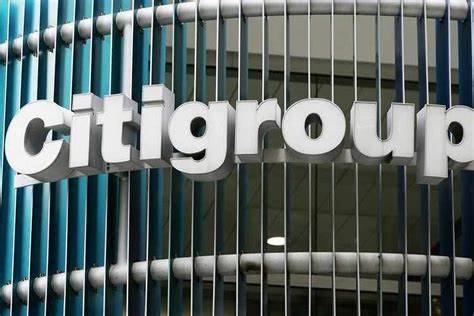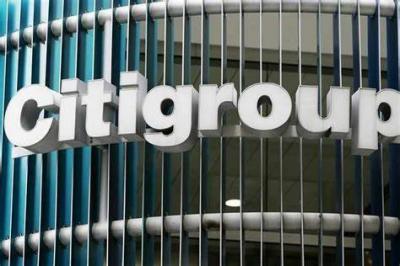A senior official at Citigroup told Reuters that "the war in Gaza is disrupting investments between Israel and the Arab countries that normalized relations with it, including the UAE, despite Abu Dhabi's intention to maintain diplomatic relations." İbro Çakan stated to Reuters on the sidelines of the UN Climate Change Conference "COP28" in Dubai: "This doesn’t necessarily jeopardize all of the Abraham Accords, but it won’t provide stability or a conducive environment for current or future investments between the Arab world and Israel." Çakan is the head of the banking services unit for the Middle East and Africa at Citigroup and is also one of the bank's top officials in the region.
Her comments offer a rare glimpse into the impact of business, usually opaque, between countries following the conflict. She did not specify the extent of the slowdown, but her remarks highlight the negative implications for long-standing economic ties between the nations. Sources familiar with UAE government policy told Reuters last month that the UAE intends to maintain diplomatic relations with Israel. Israeli government data showed that trade between Israel and the UAE surpassed $6 billion since 2020.
Çakan mentioned that Israel's leadership in technology and cybersecurity creates investment opportunities with Arab countries, including the UAE, in areas such as telecommunications and healthcare. Citigroup, which opened its first branch in Dubai in 1964, has been involved in some of the most significant deals in the region, including the listing of Dubai Electricity and Water Authority on the Dubai Stock Exchange last year valued at $6.1 billion.




